First Steps
What steps do I take when someone dies?
When someone dies in the UK there are a number of steps that you will need to take. These steps ensure that you have told all the relevant people and made all the arrangements that you need to. As you find yourself at the start of the funeral planning process, you may find our blog about “were to start when arranging a funeral” a helpful resource.
The list below highlights the necessary steps but every situation is unique so please don’t hesitate to contact us so we can give you advice tailored to you:
If you are not in a professional setting (like a hospital) then you will need to call the necessary people to help you care for them – below this list, this page considers every possible scenario and advises you what you need to do next
Register the death – more detailed information about how to do this is also available
Tell us once – this service helps to advise all government services that someone has died
We have met a couple of companies that will help you notify other services, both are free to use.
Settld is a ‘Tell Us Once’ equivalent service for individuals to notify private sector service providers.
Life Ledger is an easy-to-use platform where families can notify over 700 companies in the UK, ranging from banks and insurers to utilities and loyalty cards, from one place
Choose a funeral director – we would suggest that you speak to a few before choosing the one that you feel would be best able to meet your needs
Start considering your funeral choices – your funeral director will help you with this. The sooner you start the process, the more time you have to decide what is right for you. If you find written information helpful then you might find “Funerals Your Way” our Funeral Guide useful.
Check if you are entitled to any bereavement benefits – your funeral director or solicitor should be able to help you with this


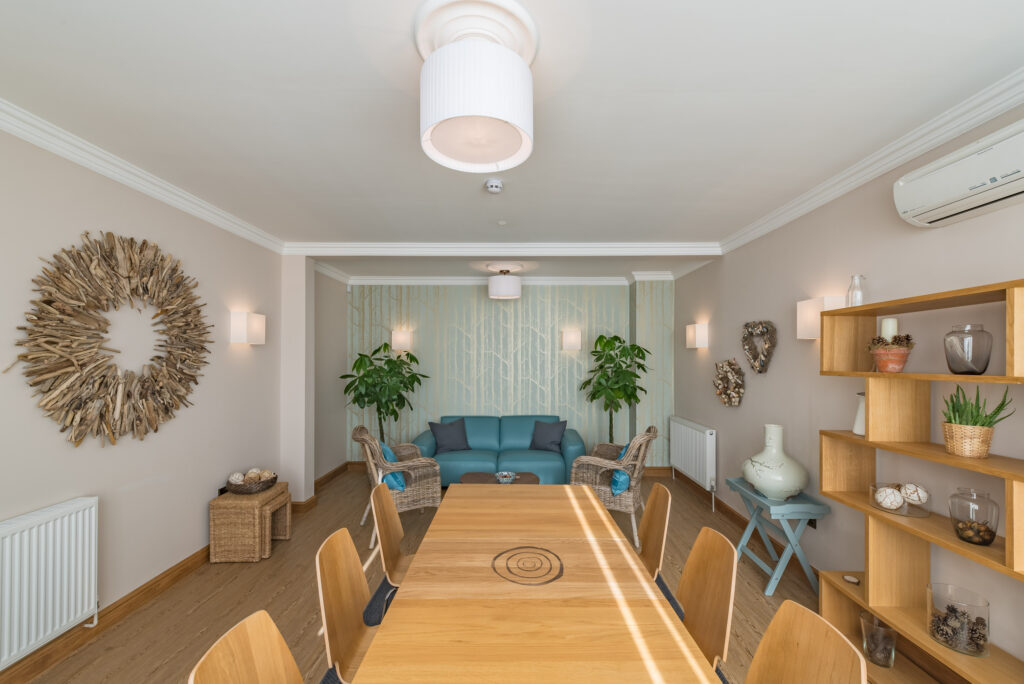

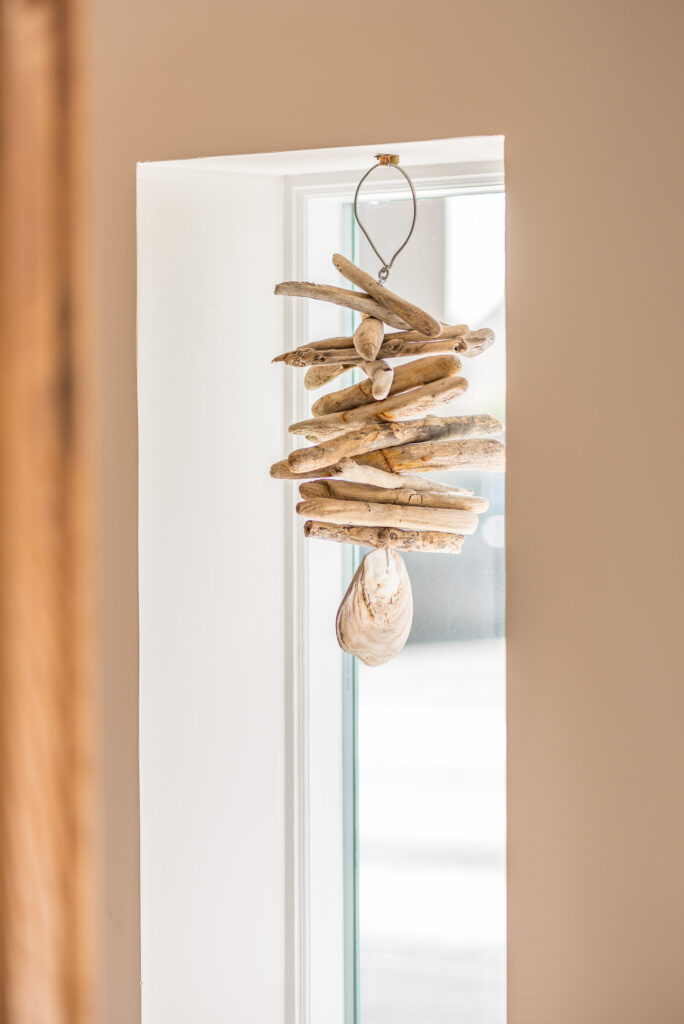

Immediate steps depending on where someone dies
Who will be there to support you depends on where someone has died. There is always someone available either in person or on the end of the phone so you are not alone.
Dying at home
When someone dies at home then it is usual to call the Doctor (GP) who has been caring for the individual to come out to confirm that they are happy to issue the Medical Certificate of Cause of Death. If someone dies outside of normal working hours then it may be an out-of-hours Doctor who attends.
In some cases, another healthcare professional may attend instead (like a Palliative Care or District nurse) and the Doctor may not come at all. This is more common when someone has been receiving end-of-life care at home and their death has been expected.
In order to register the death, you will need the Medical Certificate of Cause of Death, which the GP should make available for collection from the GP surgery within a few days of the individual having died.
Dying in professional care
Whether in a hospital, hospice, nursing or residential care home, the staff who have cared for the person that has died will know what to do. You will also find they will offer you practical advice and support after the death, and hospitals have dedicated bereavement liaison teams who will help you.
If the person who has died is in hospital, they will be taken to the hospital mortuary after they have died. Different hospices, nursing or residential homes may have a small mortuary or specific room where they care for people once they have died, or they may leave the individual in their room or bay.
When someone dies in professional care then a medical or nursing professional will be called to confirm whether a Medical Certificate of Cause of Death will be issued. If this is not possible then the death will need to be referred to the coroner and the death cannot be registered (or funeral arrangements confirmed) until the coroner has completed their enquiries.
Once you have contacted us, we will ask you some details about what has happened and discuss with you what you would like to happen next. Most friends and family request that the person who has died be moved to the Funeral Service as soon as possible but in some cases it may be possible to spend some time with them in the place where they have died, or you may wish to see whether they can return home for a time.
Once we understand your preferences then we can contact the hospital, hospice, nursing or residential home on your behalf and make the necessary arrangements. We will support you to have as much, or as little, involvement as you want and make sure that you are kept informed about what is happening.
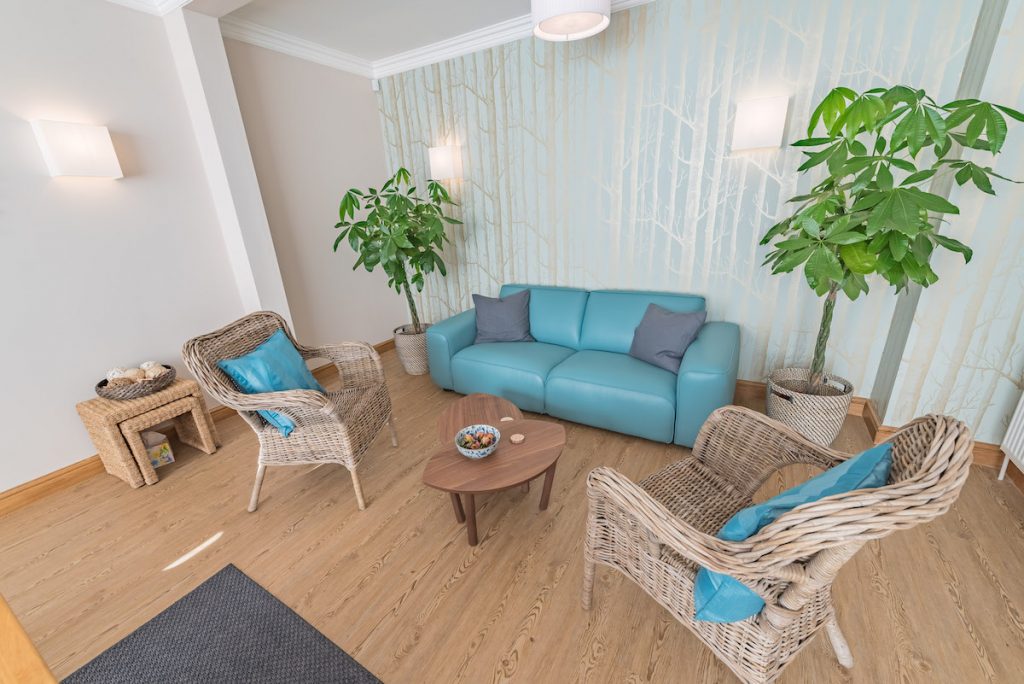

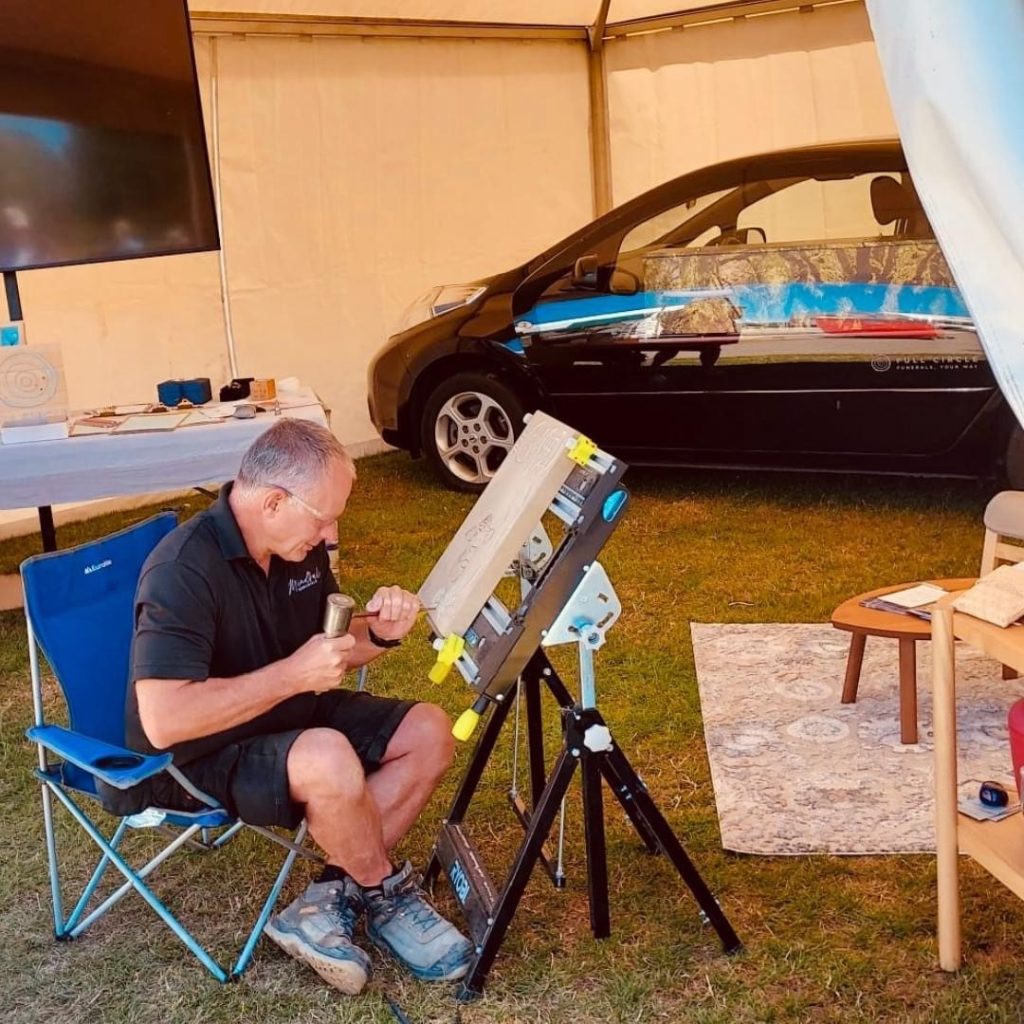



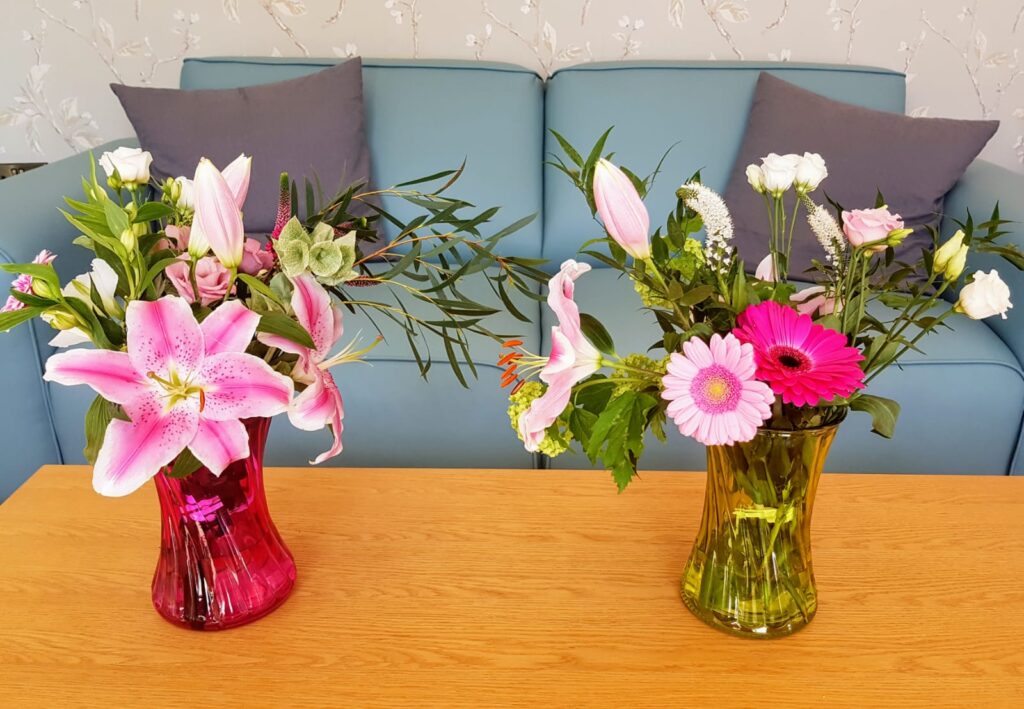

Sudden or unexpected death
In some cases, the Doctor may not be able to issue the Medical Certificate of Cause of Death and then the coroner will be required to investigate the circumstances of the death. This may occur if someone has died suddenly or unexpectedly or if they have died during, or shortly after, an operation.
Once the coroner is involved, it is their responsibility to establish the cause of death. The coroner is working in your interests and will keep you informed throughout and if you wish, we can support you to liaise with and understand the coroner’s involvement.
Even if the coroner is involved, we would still encourage you to contact us as soon as possible so that we can start to support you to consider your funeral planning choices. Particularly when someone has died suddenly, you may have given very little thought as to what sort of funeral would best reflect the life of the individual who has died.
Even though we may not initially be able to put any of your wishes into action, by understanding what you want we can then move forward once the coroner has given us permission to do so.
Even in circumstances where someone has died suddenly and unexpectedly we believe that, with the right support, the funeral planning process can help friends and family to begin to come to terms with their loss.
When a child dies
When a child or baby dies it is often a very difficult time for everyone involved. Usually, there are a range of professionals (like midwives, nurses and bereavement teams) who will offer emotional and practical guidance. They will also be aware of a wide range of groups that can offer short or long-term support.
Depending on the child’s age and where they have died, there are a range of funeral options available, and these will start to be discussed with you by the healthcare professionals involved. With the right support you can start to consider what is best for you, your friends and family.
Some families prefer for the funeral to be planned and take place without them. In many areas, this can be arranged by the healthcare professionals involved. In other cases, families and friends may wish to be involved (in varying degrees) in planning the funeral and may wish for few, or many, people to be present when the funeral takes place. As with any funeral, this involvement may help to support your grieving process.
If you choose Full Circle Funerals, we will support you to consider your choices to create a funeral that best reflects the life of the child that has died. We will help you as much or as little as you want and will make no assumptions about what is right for you.
You may wish to spend some time with your child after they have died and we can support you to do so in a way that feels right to you. You may want us to be with you, or you may wish to be alone. We work in a flexible and person-centred way so that we can support you even if you aren’t sure what you want, or if you change your mind.
There are also many memorial options available, such as moulded footprints and handprints, fingerprint art or jewellery, personalised teddy bears, memory books and portraits. We have information available on all of these and can tell you more about these when the time is right.
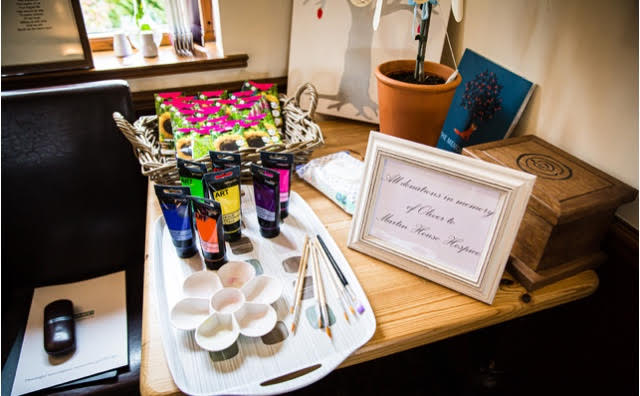

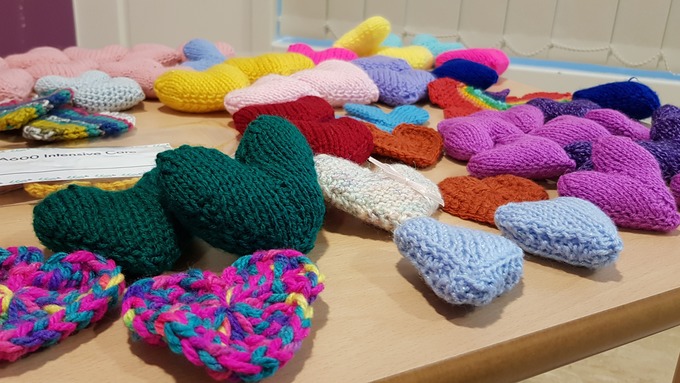

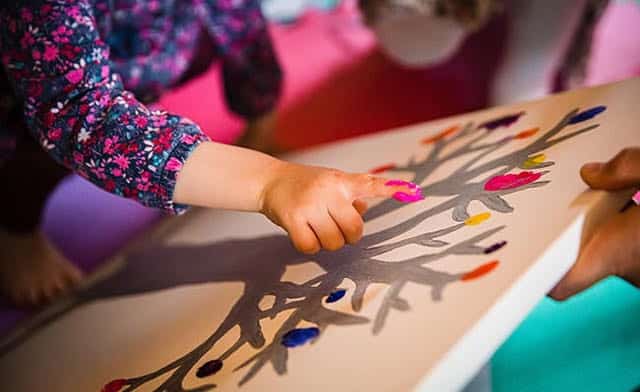



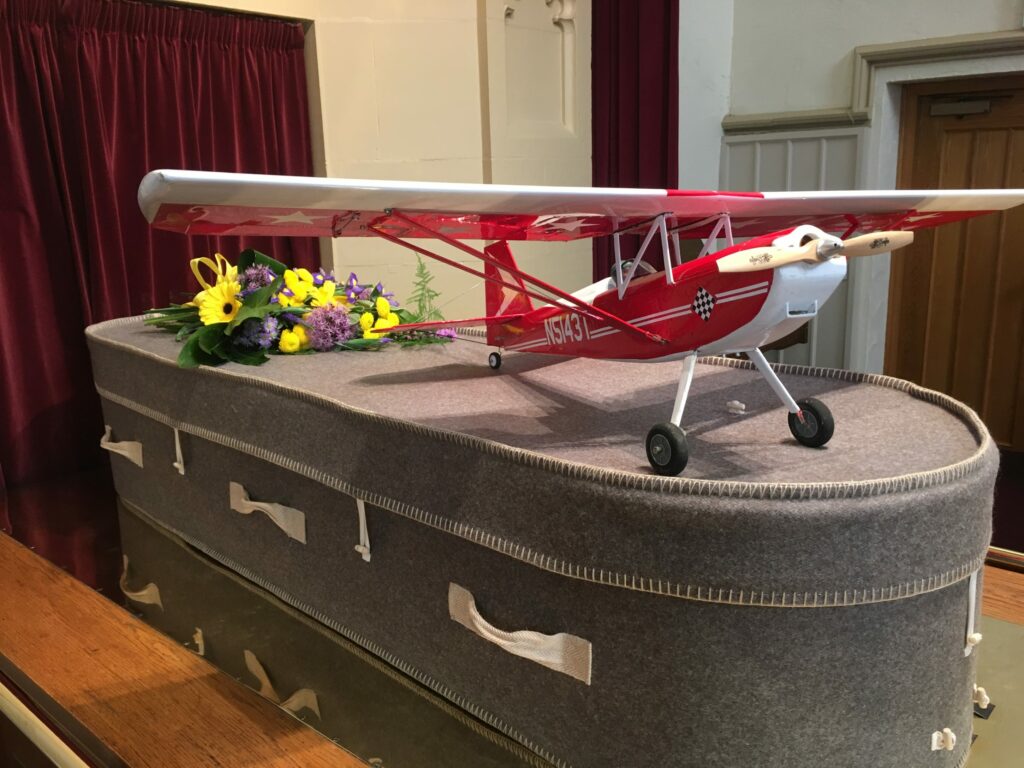

Repatriation
When someone dies abroad it is often unexpected and can be a particularly difficult and confusing time for friends and family. The death may have occurred in a country where people speak a different language and there are some unfamiliar procedures that may need to be adhered to.
In some cases, many costs are covered by valid travel insurance but in other situations you may be responsible for paying for repatriation. The costs can be significant and we would suggest that you make sure that people are clear with you about the costs of any service they are offering. We have provided some basic information below but please contact us if you have more specific questions or would like our support.
Bringing someone back to the UK
If a British resident has died abroad then the death must be registered abroad, in accordance with local policy. This can only occur once a Medical Certificate of Cause of Death has been issued by local medical staff or a local coroner.
It is possible to also register the death with the British Consulate abroad and to request a UK death certificate (for which there may be a charge). A foreign certificate confirming that the death has been registered abroad is recognised by all the necessary UK organisations (like banks etc).
It is possible to arrange for a burial or cremation to take place abroad with the support of the British Consulate and a local Funeral Director. If cremation has taken place abroad you may wish to bring the cremated remains back home.
Alternatively, you may wish for burial or cremation to take place at home and in that case, the British Consulate and a local Funeral Director will support you to arrange for you and the person who has died to return home.
In this case we could support you by liaising with a local Funeral Director, British Consulate staff, your travel insurance company and airlines. We could arrange to meet you immediately upon return to England and then support you with the remainder of the funeral arranging process.
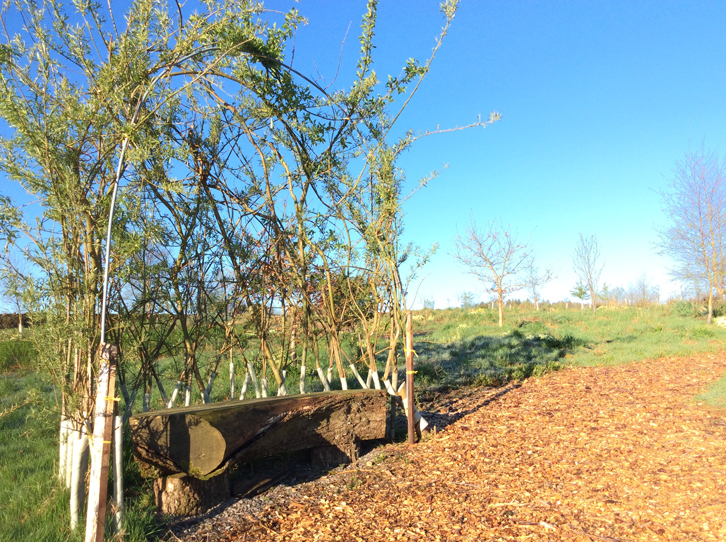

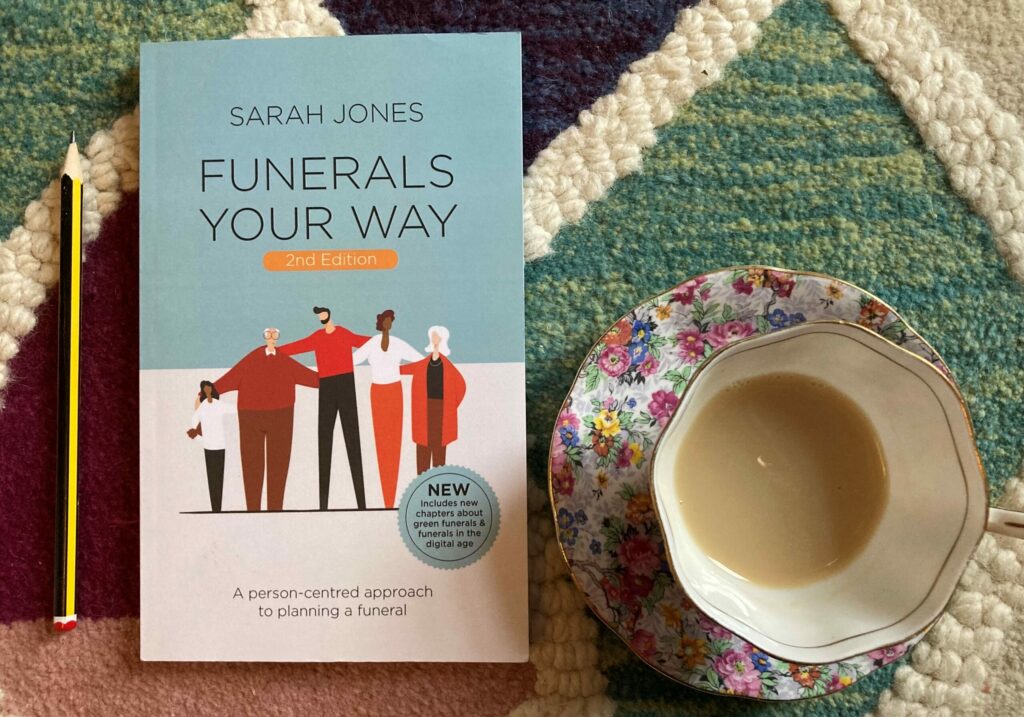

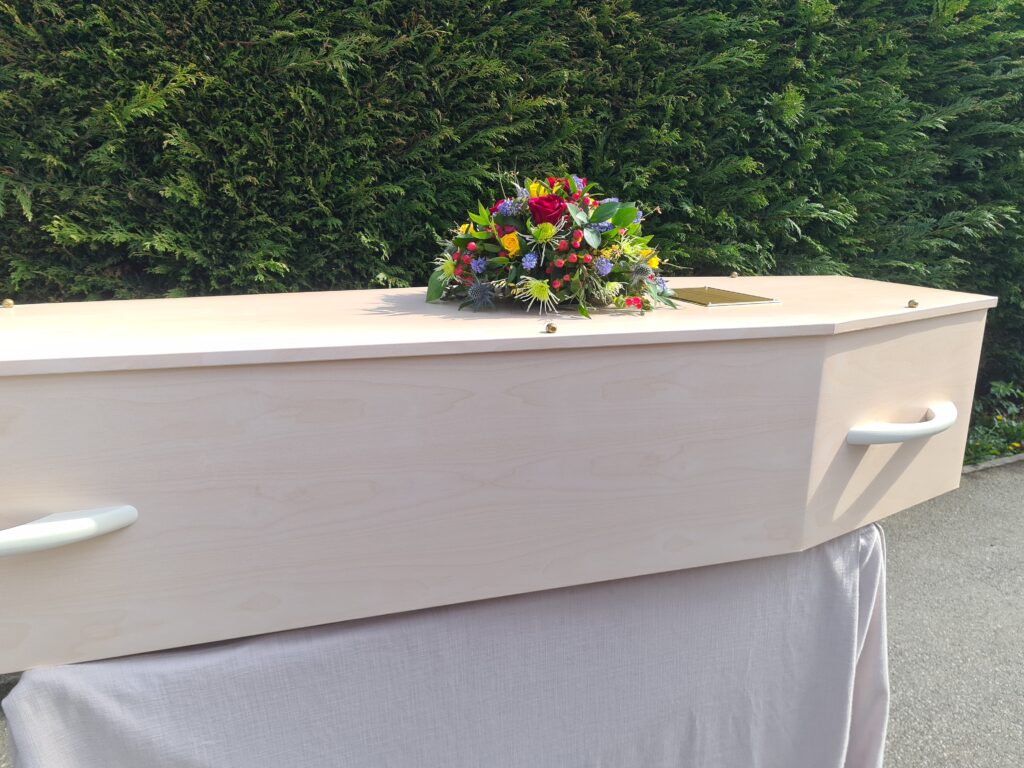

Supporting someone to leave the UK
If a foreign resident has died in Britain then it is compulsory that their death is registered in the place where they have died. This is only possible once the coroner has provided permission for the repatriation to take place. We would suggest liaising with the relevant consulate abroad to see whether they recommend registering the death with them.
You may prefer for the person who has died to be buried or cremated in Britain. Alternatively you may like to return home before making funeral arrangements. In that case, we can support you to liaise with your Consulate, insurance company, airlines, Funeral Directors in your home country.
If you wish to return home with the person who has died then we can support you by making sure that all the necessary processes are adhered to and relevant people informed. For example, the individual who has died must be embalmed and placed in a special coffin for repatriation. Also, we will can ensure that the coroner, the Environmental Health professionals, the embalmer and medical staff complete all the relevant paperwork.
